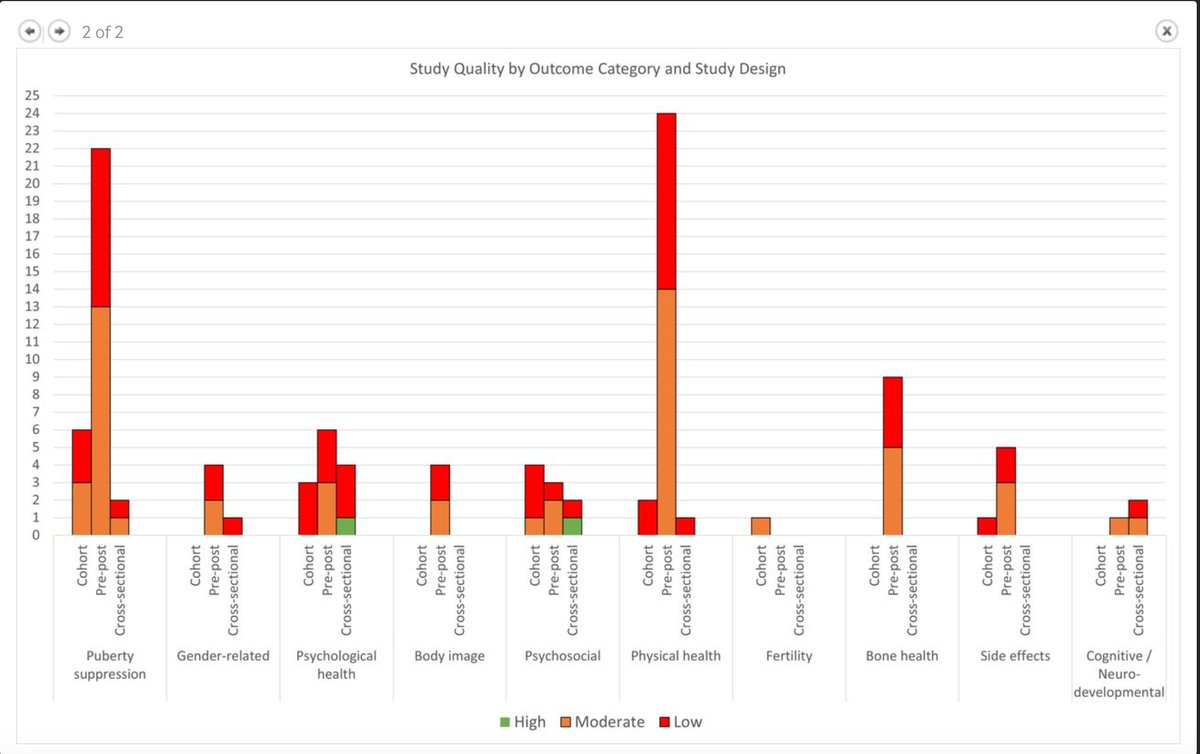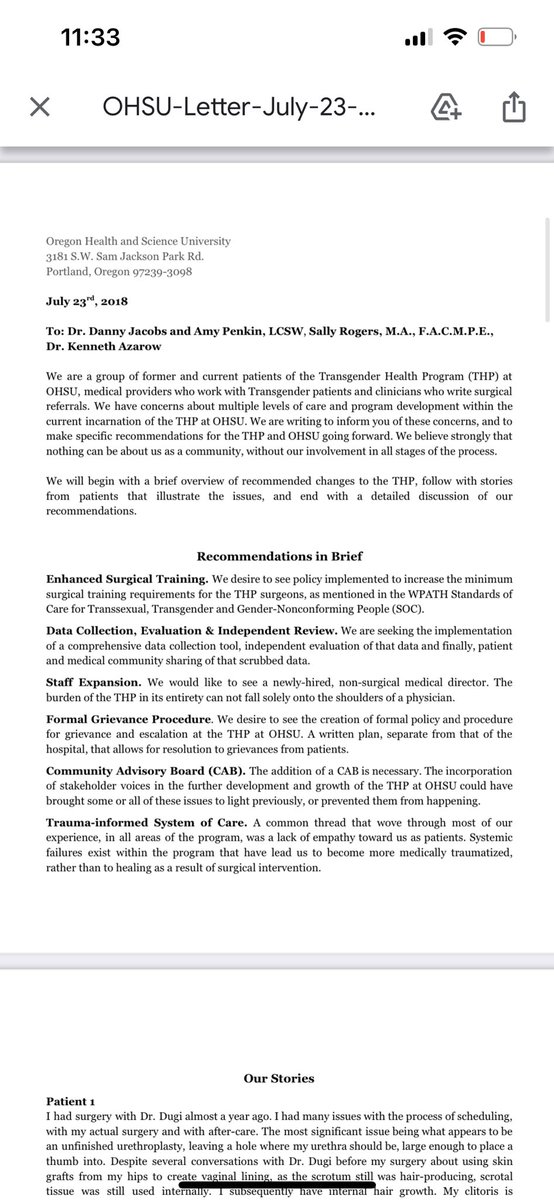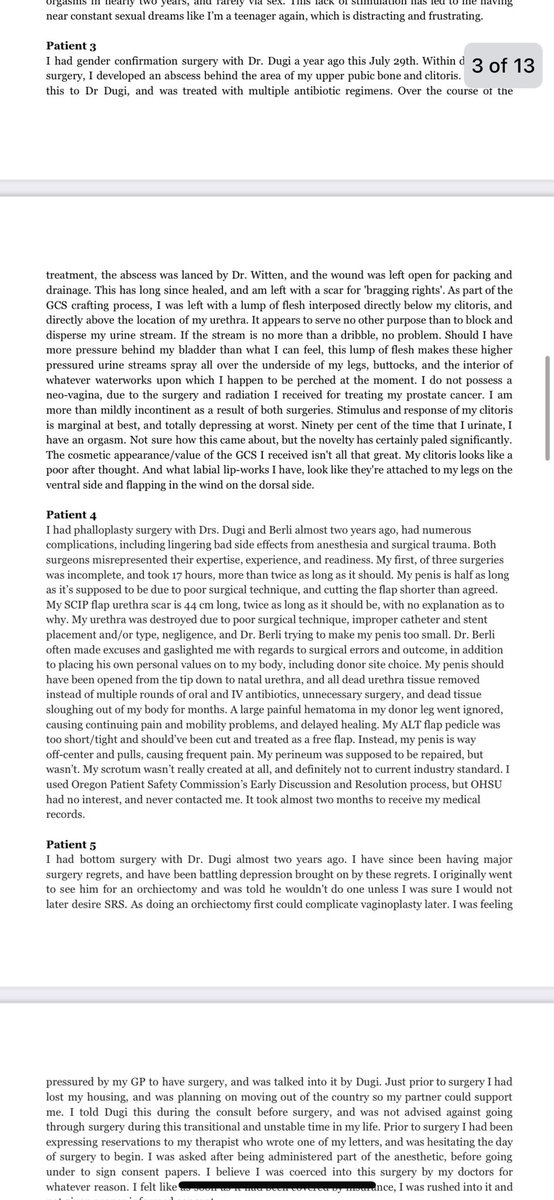
Fellow @ManhattanInst | Ph.D. @BostonCollege & Post-Doc @Harvard | Gender medicine | Causes and consequences of institutional dysfunction | opinions own




 14 subscribed
14 subscribed




 14 subscribed
14 subscribed
How to get URL link on X (Twitter) App





 14 subscribed
14 subscribed

 The AAP's policy position was published in 2018--well before age restriction laws were first introduced in the states (2020).
The AAP's policy position was published in 2018--well before age restriction laws were first introduced in the states (2020). 














